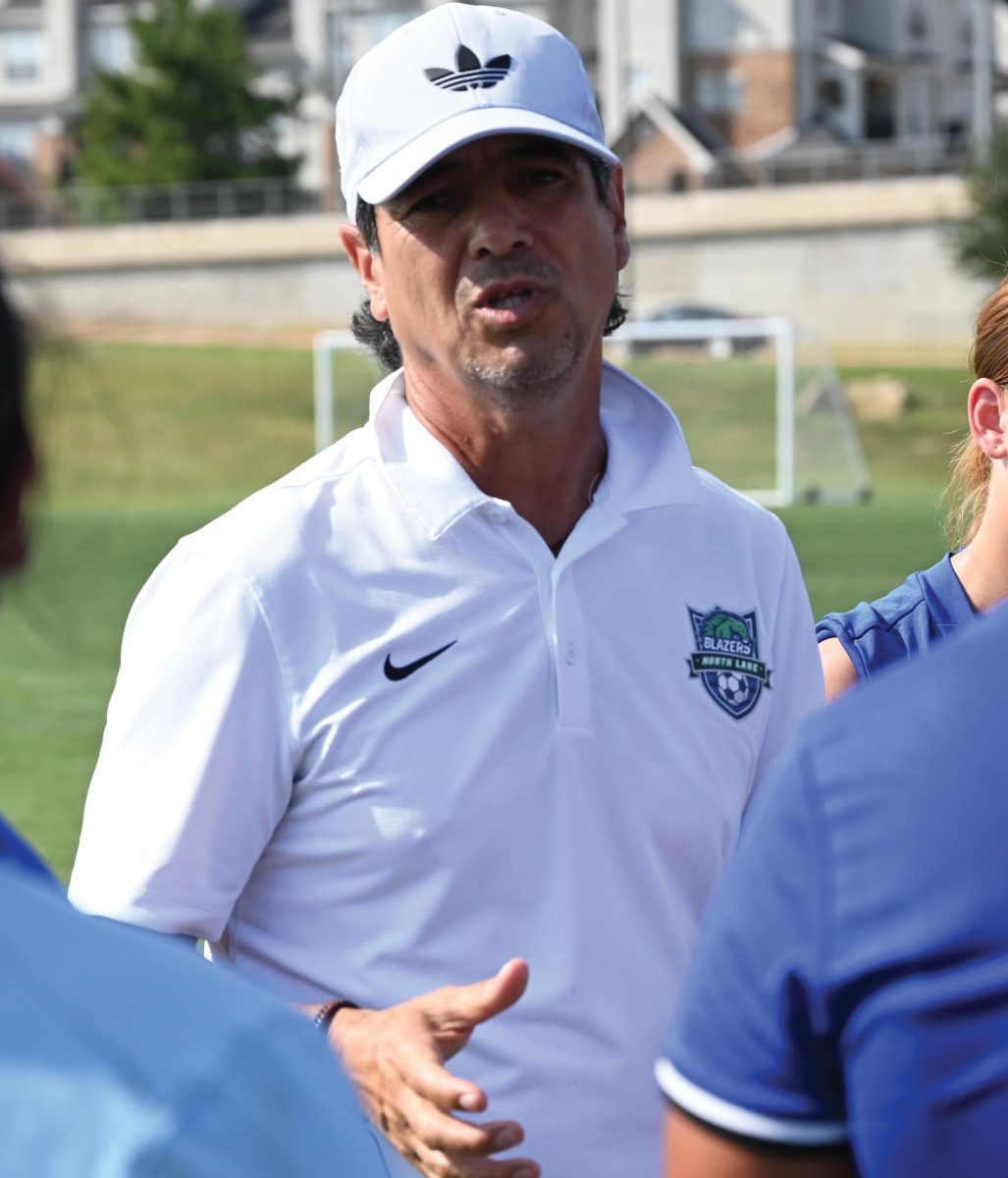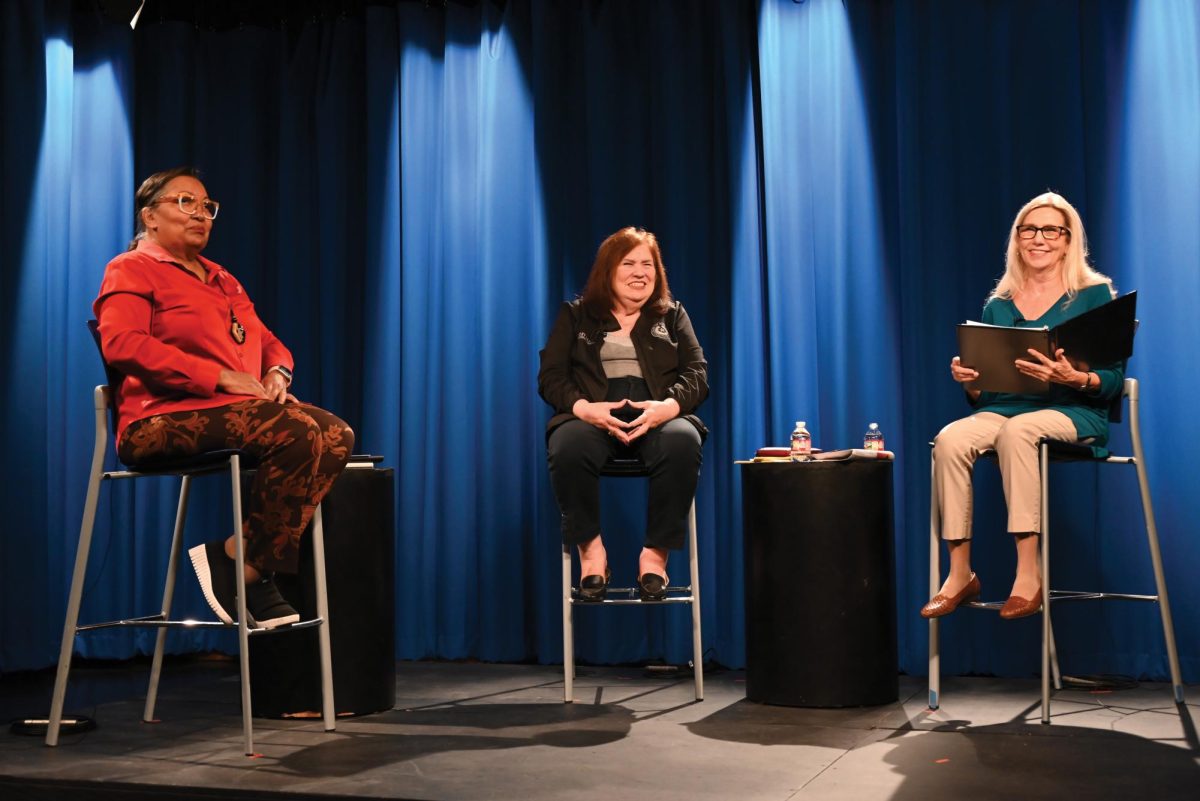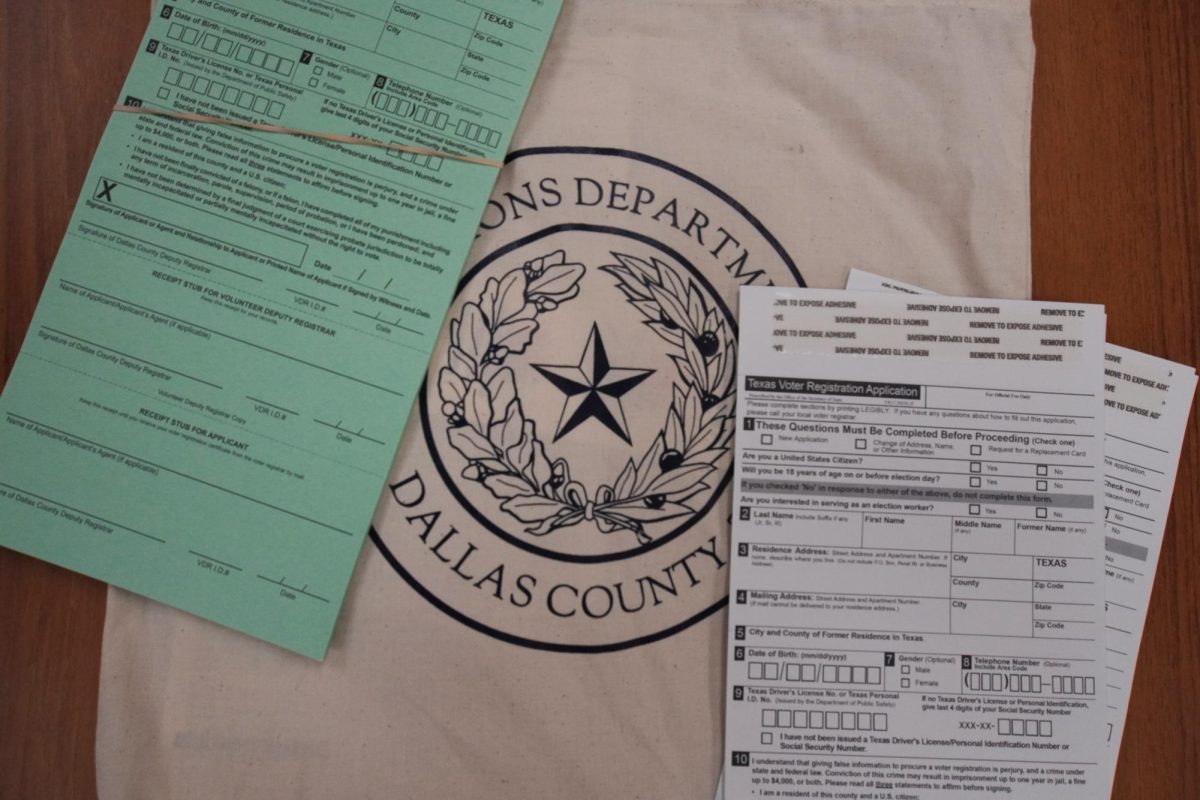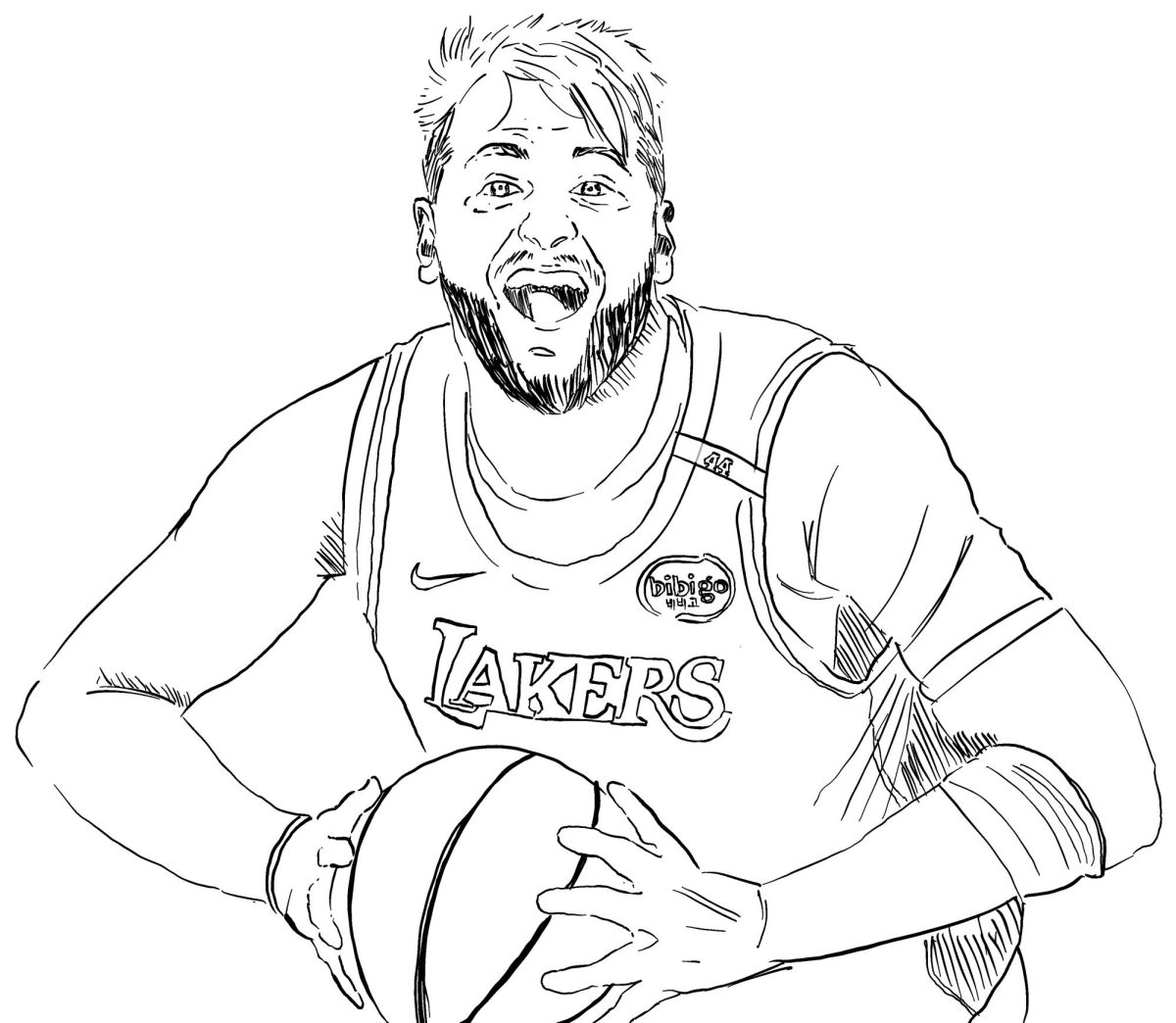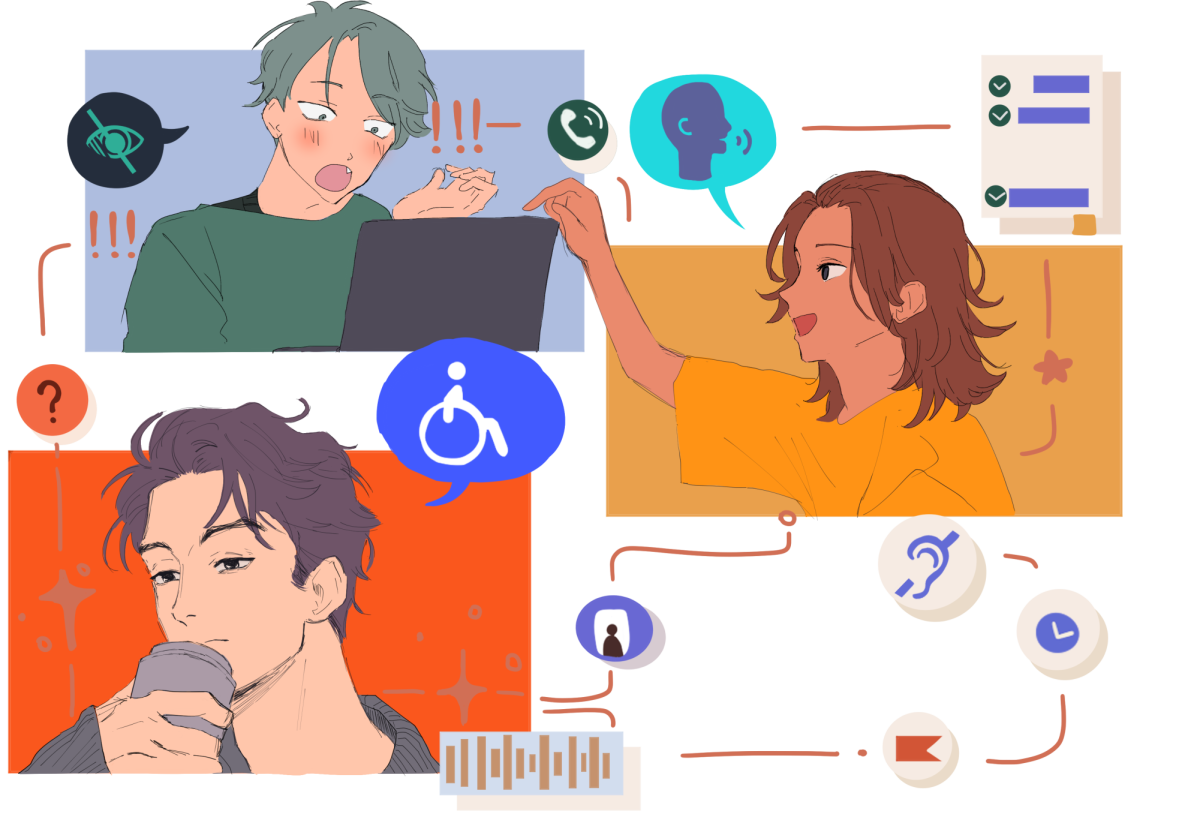“College is a time for growth, discovery, and opportunity. Don’t miss out because you are afraid to ask for what you need. You belong here, and we are here to walk beside you,” said Sonya Battle, coordinator, student services. The goal of the accessibility services at Dallas College is to empower students with disabilities not just to get through college, but to thrive. The office supports students’ academic journey, help them build confidence, and ensure that students have equal access to all aspects of college life, both in and out of the classroom.
“Everyone learns differently, and everyone deserves the opportunity to succeed on their own terms,” Battle said.
Accessibility accommodations are coordinated based on individual needs. Students needing support must go through a formal process. They can begin by visiting the office in person which is located in Room A-428, or they may submit an online request via the accessibility services webpage.
To receive accommodations, students must provide documentation from a qualified professional verifying the disability and supporting the need for accommodations.
Accessibility services offer resources for a variety of needs. For students with physical disabilities, services include DART Paratransit vouchers, notetaking software (Genio), digital recorders and speech-to-text or text-to-speech software. Students with hearing disabilities may be provided with sign language interpreters, CART services, notetaking services, FM systems and closed captions. Students who are visually impaired may benefit from braille, large-print materials, magnifiers, CCTVs, notetaking services, readers and scribes for tests and assistive technology. Accessibility services also support students with learning disabilities, ADHD or mental health needs who may benefit from extra time to complete assignments, extra time to complete tests, readers and scribes for tests, and a quiet room to take tests.
According to the accessibility team, extended time on exams and quiet rooms are among the most requested accommodations. The number of students receiving accommodation at Dallas College increased by 9% from 2023 to 2024 and 2024 to 2025.
“As social stigma around disabilities continues to decrease, the demand for accessibility services has increased,” Battle said. Case managers also check in with students during the semester to discuss academic progress, determine if students need support services, and assess the effectiveness of their accommodations.
Battles urges students with disabilities not to hesitate to reach out. “Seeking support through Accessibility Services isn’t a sign of weakness; it’s a sign of strength and self-advocacy. Just as some students may need glasses to see clearly, others may need extended test time, assistive technology, or a quiet environment to show their true potential,” she said.



